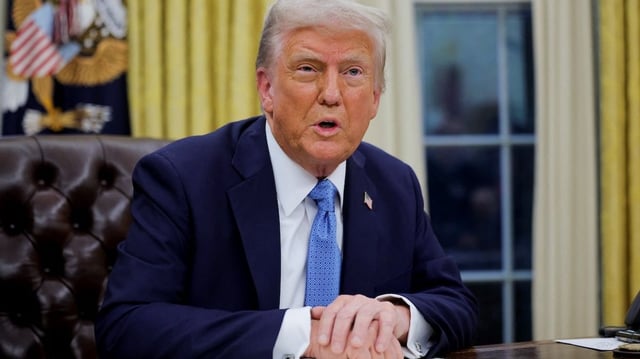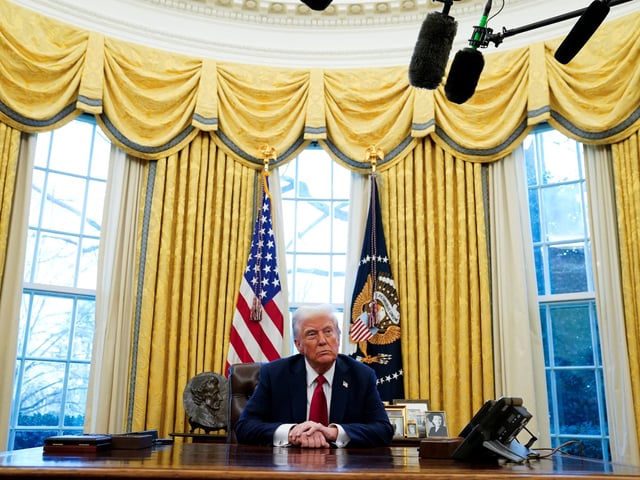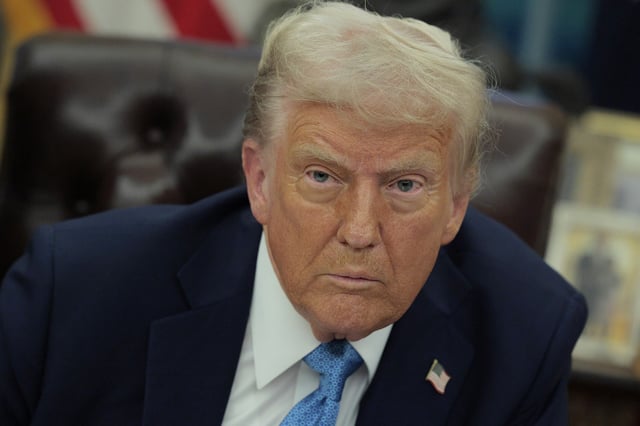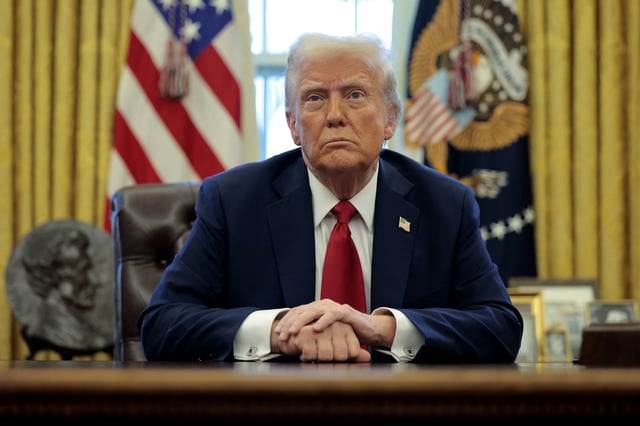Overview
- President Trump has officially imposed 25% tariffs on Canadian and Mexican imports, with Canadian oil facing a reduced rate of 10%, alongside a 10% tariff on Chinese goods.
- The tariffs are framed as a response to issues such as drug trafficking, migration, and trade deficits, but experts warn of inflationary pressures and higher costs for U.S. consumers.
- Canada and Mexico are preparing retaliatory measures, with Canadian Prime Minister Justin Trudeau promising a 'forceful but reasonable' response to protect their economy.
- Economists predict significant impacts on industries like agriculture, automobiles, and energy, with potential price hikes on essential goods such as food and fuel for American households.
- Critics, including economists and political leaders, argue that the tariffs could harm U.S. relationships with key allies and exacerbate economic challenges for American families.



